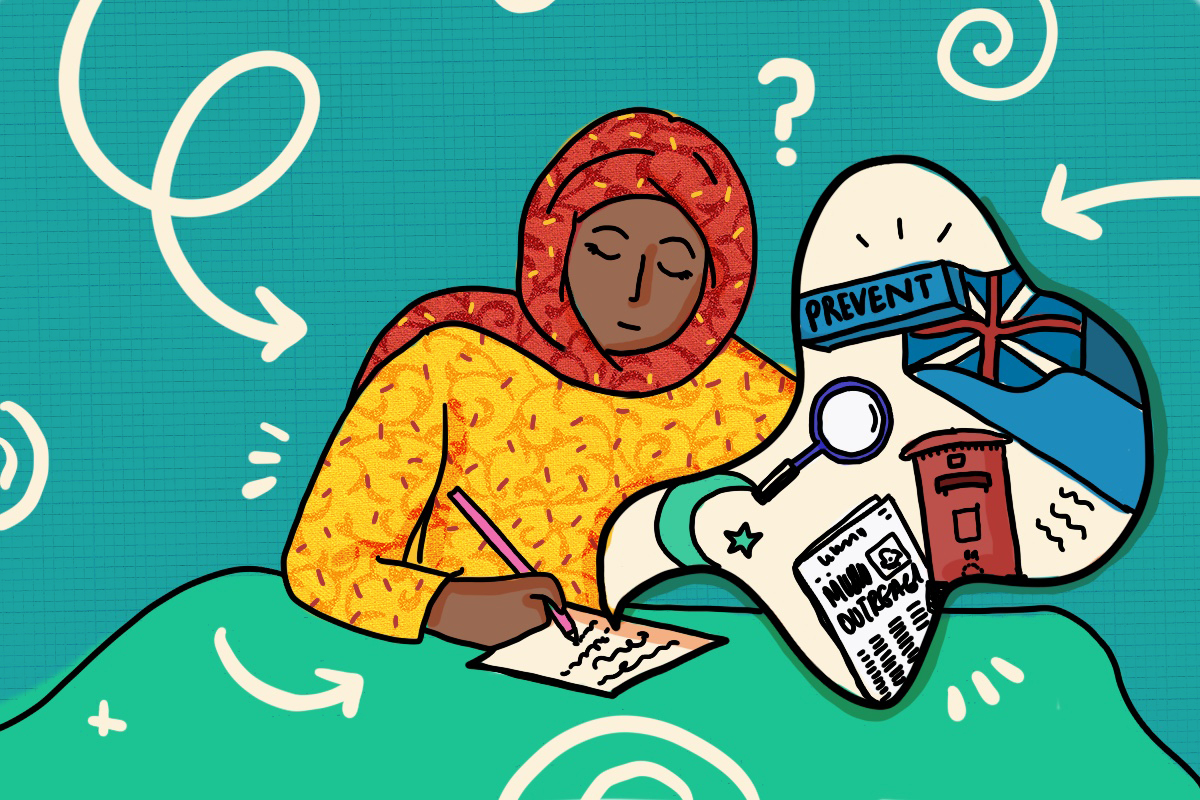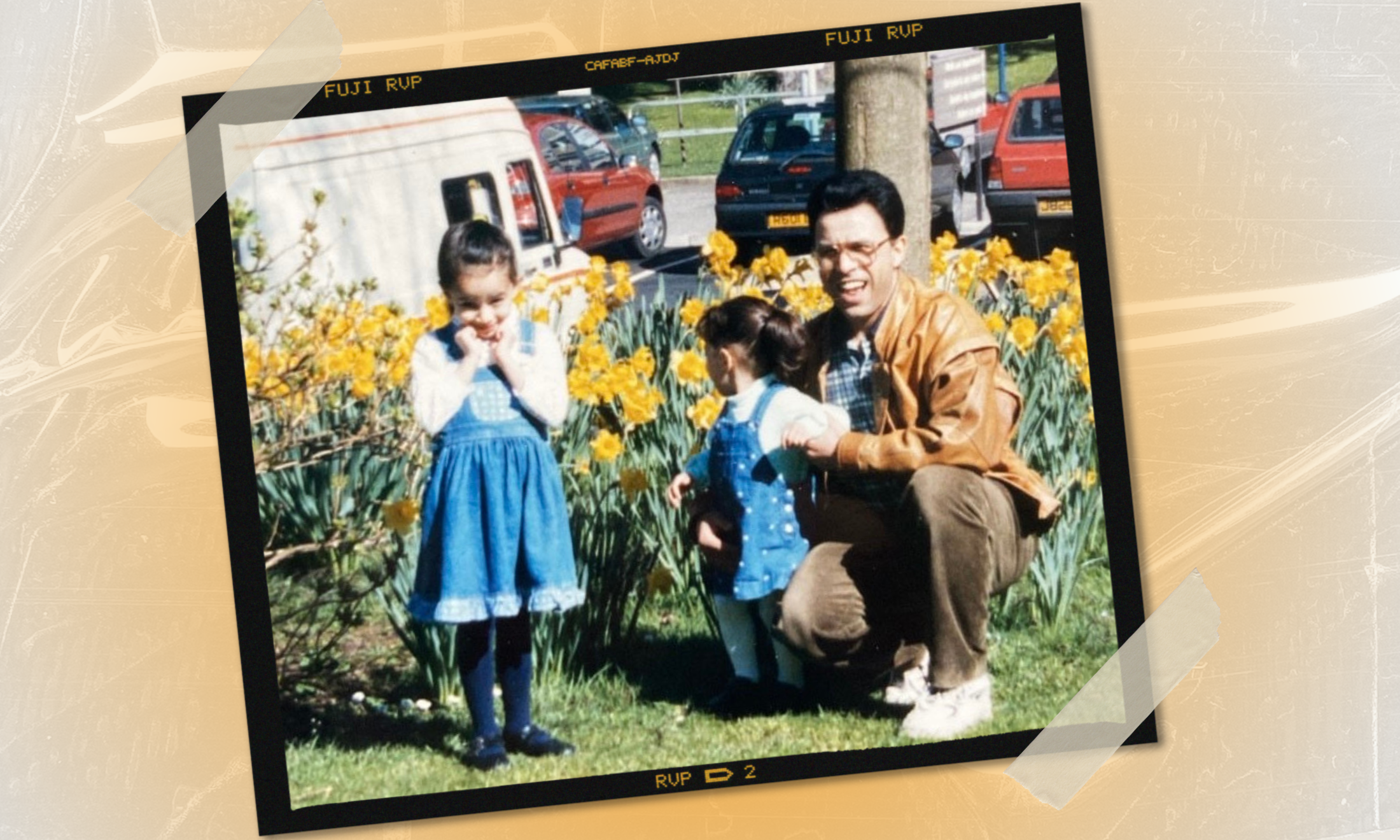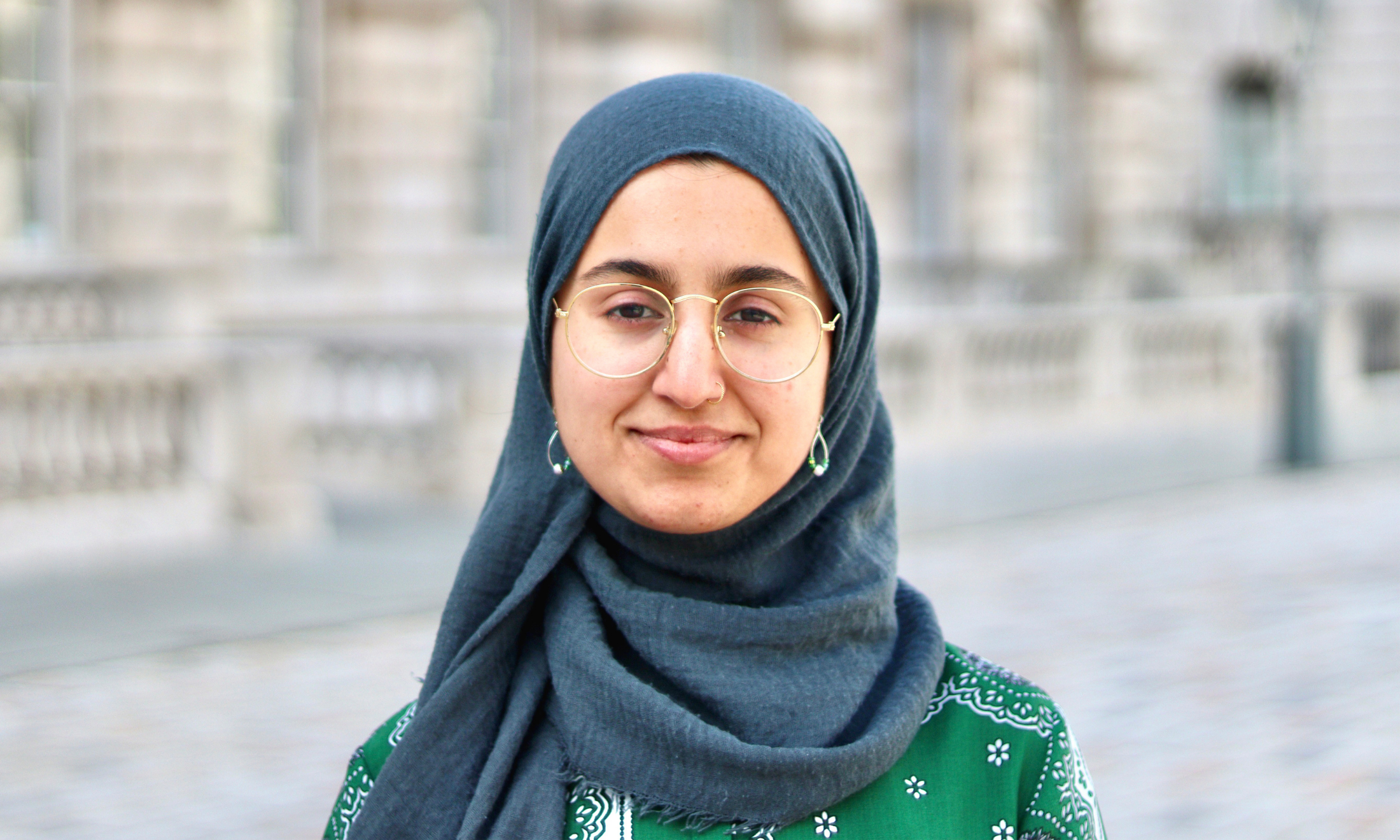
Illustration via Soofiya.com
In the lead up to the general election on December 12, it is more crucial than ever that the Conservative Party address the concerns that people have raised regarding repeated incidents of racism and Islamophobia.
Many Muslims live in fear. Islamophobic hate crimes have been on the rise, even being levelled against children. Muslims are treated as suspects while going about our daily business, being interrogated at airports or being profiled by suspicious staff members at their places of education or work. This government needs to reassure Muslims that measures have been taken to combat the discrimination against our communities.
We should hold the Conservative Party, our government for the last decade, to a high standard. All serious and repeated allegations of Islamophobia, antisemitism and anti-black racism should be taken seriously. Yet, it was not asked during the ITV debate, and while Boris Johnson was challenged on Channel 4 it has not received a sustained and thorough level of criticism via broadcast news or the influential pages of our national newspapers. We cannot allow Boris Johnson to pull the rug on the inquiry into Islamophobia and racism within his party, and not be brought under public scrutiny. It is incredibly disingenuous to allow the Conservatives to masquerade as an anti-racist party without making any substantial commitments to minority communities to improve the current climate of racism.
“Following Boris Johnson’s comments comparing Muslim women to ‘bank robbers’ and ‘letterboxes’, there was a 375% surge in Islamophobic hate crimes”
All this sits alongside the shocking, hurtful, and inflammatory racism we have heard from the Prime Minister himself as well as other Conservative party representatives who have posted racist and Islamophobic content on social media. Following Prime Minister Boris Johnson’s comments comparing Muslim women who wear the niqab (face veil) to “bank robbers” and “letterboxes”, there was a 375% surge in Islamophobic hate crimes, with around two-thirds of those directed at women who wear a niqab. When challenged about his comments during the BBC Question Time Leaders Special, he refused to apologise. Elsewhere he is on record as having written that racism was as “natural as sewage”, that it was natural to be scared of Islam because “Islam is the problem,” adding, “when is someone going to get 18th century on Islam’s medieval ass?”
Both former and current Tory councillors have been suspended after they were exposed for sharing extremely racist and Islamophobic content online. Some of this included a call to ban mosques, using terms such as “Islamist rape gangs” and “Somali scum” as well as expressing support for fringe far-right hate preachers like Tommy Robinson and Pamela Gellar. Yet the dozen or so Tory councillors suspended earlier this year were reinstated almost right away, and allegedly only had to attend a one-day “diversity training” session, issue an apology to a local Muslim leader, or simply do nothing.
This government has also proven to be institutionally Islamophobic in its approach to policy. Whether this is the mistreatment of British citizens of foreign descent was also exemplified during the Syrian crisis when British Muslim aid workers had their citizenship stripped and their names permanently associated with terrorism, simply for going to provide aid in a warzone. Or the draconian approach to groomed IS teenager Shamima Begum (now 20), who was denied the right to return home and face due process and consequently watched her newborn son (also a British citizen) die in an overcrowded, unsafe and unsanitary refugee camp.
“Minority communities must not be drawn into sidelining or comparing each other’s fights for justice. To the contrary, we will mobilise together”
It has facilitated racist counter-terror programmes such as the Prevent strategy that profiled and criminalised Muslims. An eight-year-old was interrogated about his affiliation with ISIS based on a t-shirt design, a teenager was referred for wearing a “Free Palestine” badge and public employees like school teachers were encouraged to look out for “signs of radicalisation”. These so-called “signs” included things like young girls starting to wear the hijab, which essentially reinforces the idea that practising Islam is inherently a sign of extremism and that any religiously observant Muslim should be seen as a potential threat. But anti-radicalisation efforts by the Home Office and beyond also need to focus on the right-wing extremist threat has been given room to flourish and threaten our communities. Bigots feel emboldened and empowered by the way the government and press adopt Islamophobic rhetoric, as seen by the aforementioned rising hate crime statistics.
Allegations of antisemitism in the Labour party have been raised – and while the party has said it was too slow to respond, it has become the subject of both an internal investigation and a media spotlight that has ensured it was rightly brought into mainstream public discourse. We believe that the questioning of the Conservative party should be as persistent and thorough.
Minority communities must not be drawn into sidelining or comparing each other’s fights for justice. To the contrary, we will mobilise together. We are striving to treat these issues the same in all parties and realms of public life. We have witnessed the media play into racist and Islamophobic tropes time and time again, with the government failing to hold them to account or vice versa. The media and the current government appear to almost work hand-in-hand to foster a climate of hostility towards racial and religious minorities whilst absolving themselves of any responsibility for doing so.
We are regressing as a society under this government. This is concerning. The institutional disregard for racial and religious minorities in the Conservative Party requires a formal, transparent investigation and real action taken. We, the undersigned, demand this happens immediately without further delay.
Signed:
Kemi Alemoru, gal-dem features editor
Alysha Ali, gal-dem project manager
Niellah Arboine, gal-dem lifestyle editor
Charlie Brinkhurst-Cuff, gal-dem head of editorial
Leah Cowan, gal-dem politics editor
Shanice Dover, gal-dem social media manager
Micha Frazer-Carroll, gal-dem opinions editor
Rosel Jackson Stern, gal-dem intern
Tara Joshi, gal-dem music editor
Liv Little, gal-dem founder
Mariel Richards, gal-dem head of strategy
Suhaiymah Manzoor-Khan, poet
Ilyas Nagdee, writer and activist
Nafisa Bakkar, co-founder of Amaliah.com
Selina Bakkar, co-founder of Amaliah.com
Hareem Ghani, activist
Nikesh Shukla, writer
Dr Rosena Allin-Khan, Labour MP for Tooting
Shaista Aziz, Oxford Councillor for the Labour Party
Jews Against Boris, campaign group
Fck Boris, campaign group
Gary Younge, columnist
Afua Hirsch, columnist
Shahmir Sanni, activist and whistleblower
Ash Sarkar, media personality and journalist
Emma Dabiri, writer
Afia Ahmed, writer and researcher
Priyamvada Gopal, academic
Grime4Corbyn, campaign group
Nora Selmani, writer
Coco Khan, journalist
Alaa Alsaraji, project co-ordinator
Zeinab Saleh, artist
Sunny Singh, author
Dr Fatima Rajina, academic
Fatima Diriye, poet
Tahmina Begum, journalist
Leyya Sattar, co-founder of The Other Box
Halima Hassan
Zamzam Ibrahim, NUS president
Claire Sosienski Smith, NUS vice president for education
Fope Olaleye, NUS black students’ officer
Miraa May, musician
Hannah Delta
Aleesha Khaliq, writer
Travis Alabanza, performer
Kyla Mitchell
Jamie Windust, activist and influencer
Alexander Tiffin, journalist
Daniel Thomas
Sarah Lasoye, poet
Umber Ghauri, makeup artist
Samia Malik, musician
Shoaib M Khan, human rights lawyer
Farah Ahmed
Sana Noor Haq, journalist
Marie Young
Iqra Choudhry, researcher
Divya Osbon, organiser and writer
Hanisah Othman
Yassmin Abdel-Magied, writer and engineer
Hussein Kesvani, journalist
Sara Khan, Manchester SU liberation and access officer
Natasha Dhumma, campaigner
Sidrah, poet
Faima Bakar, journalist
Rebecca Cirine
Radhika Patel
Natalie Morris, journalist
Sonali Bhattacharyya, playwright
Akwaaba, Social Centre for Migrants
Lina-Sirine Zitout, journalist
Anya Aujla-Jones, researcher
Sofia Ali
Cerie Bullivant, filmmaker and human rights activist
Clara Hernanz, journalist
Shazia Hossen
Vanessa Hsieh, Dazed senior Instagram editor
Mared Gruffydd, journalist
Yomi Adegoke, journalist
Bolu Babalola, writer
Azeezat Johnson, academic
Aisha Mirza, DJ
Sirin Kale, journalist
Dominique Sisley, Huck digital editor
Amrou Al-Kadhi, writer, performer and filmmaker
Jessica Morgan, journalist
Yasmin Khan, writer and broadcaster
Sabeena Akhtar, writer
Coralie Datta, photographer and activist
Raifa Rafiq, Mostly Lit host, lawyer, and writer
Tashmia Owen, campaigner
Neelam Tailor, journalist
Lola Olufemi, writer
Faustina Yawson
Samayya Afzal
Layla Haidrani, writer
Salma Haidrani, writer









